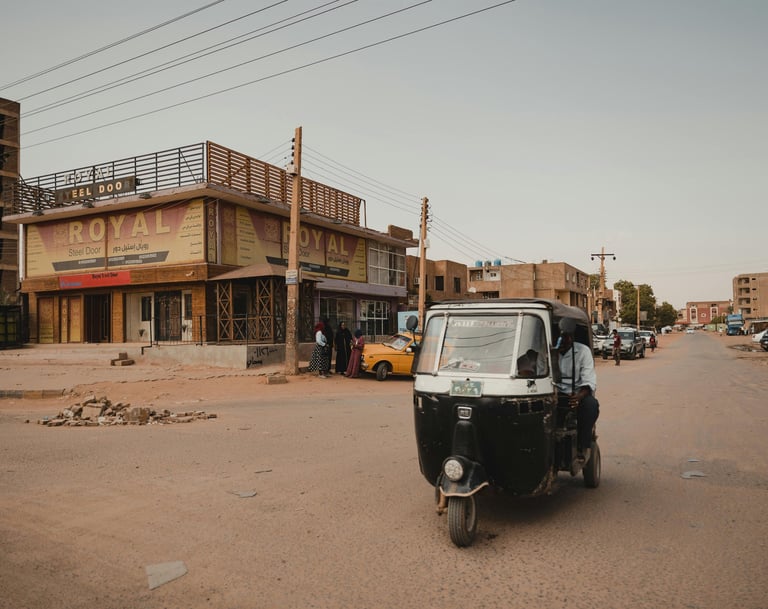No Longer in the Field, No Longer at Home.....
Naima Tahir | Strategic Resilience Specialist.
6/10/20252 min read
Losing your job is never just about the loss of income. It can feel like the loss of identity, community, and meaning.
Many of us spent years in the field—across countries, cultures, and crises—always in motion, always chasing the next deployment. The job wasn’t just work; it was life. It shaped how we saw the world and how we saw ourselves. Even during brief visits home for R&R, something never felt quite right. You counted the days until you could leave again. Home felt strange, like a place you once knew but no longer belonged to.
Now, with the funding cuts and program closures, many are being forced to go back—not for rest, but for good. And it’s disorienting.
You return home, older, different, and unsure where you fit. Friends and family moved on. Your absence, though understandable, created a quiet distance. The shared experiences, the inside jokes, the everyday rhythm of home life—you’re no longer part of it. And you’re not sure how to be.
In the field, isolation was part of the job. But it was masked by purpose, by urgency, by movement. Now, that same isolation creeps in at home—only this time, there’s no mission, no coordination meeting, no reason to get on a plane. The silence feels heavier.


You find yourself stuck, mentally wandering. You question your worth, your skills, your choices. It’s not just disorientation—it’s a deep sense of being lost. You’ve spent over a decade navigating emergencies, but now you’re unsure how to navigate yourself. There’s no handbook for reintegration. No TOR for rebuilding identity.
The psychological toll is real. You may feel guilty for struggling—after all, you were the helper. But burnout doesn’t end with the job. It lingers. And without the structure you once had, it can become louder.
And yet—even in all of this—there is something powerful in knowing you’re not alone.
So many of us are facing this shift. The roles we once depended on may no longer exist. But our value does. What we learned—the adaptability, the emotional endurance, the cross-cultural empathy—still matters. It just needs a new direction.
You might not know what comes next. That’s okay. What matters is knowing this: the end of your humanitarian job isn’t the end of you. It’s a new chapter. One where you get to rediscover your voice, your rhythm, your belonging.
There is something out there for each of us. It might not look like what we expected—but it can still be meaningful, and even beautiful.
You’re not broken. You’re just becoming something new.